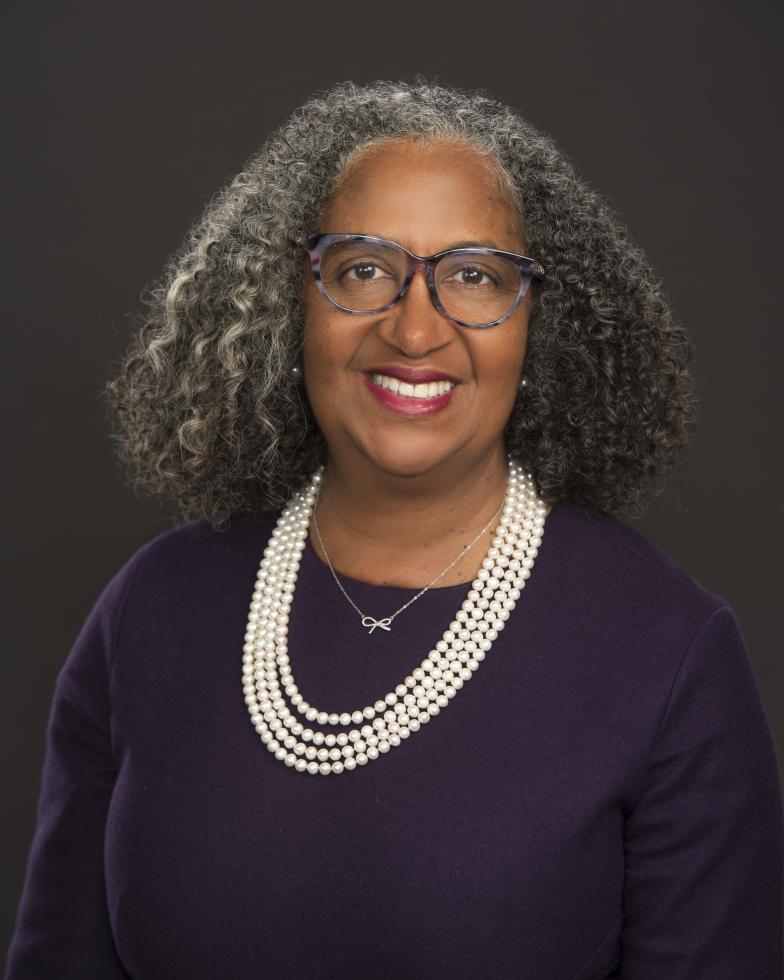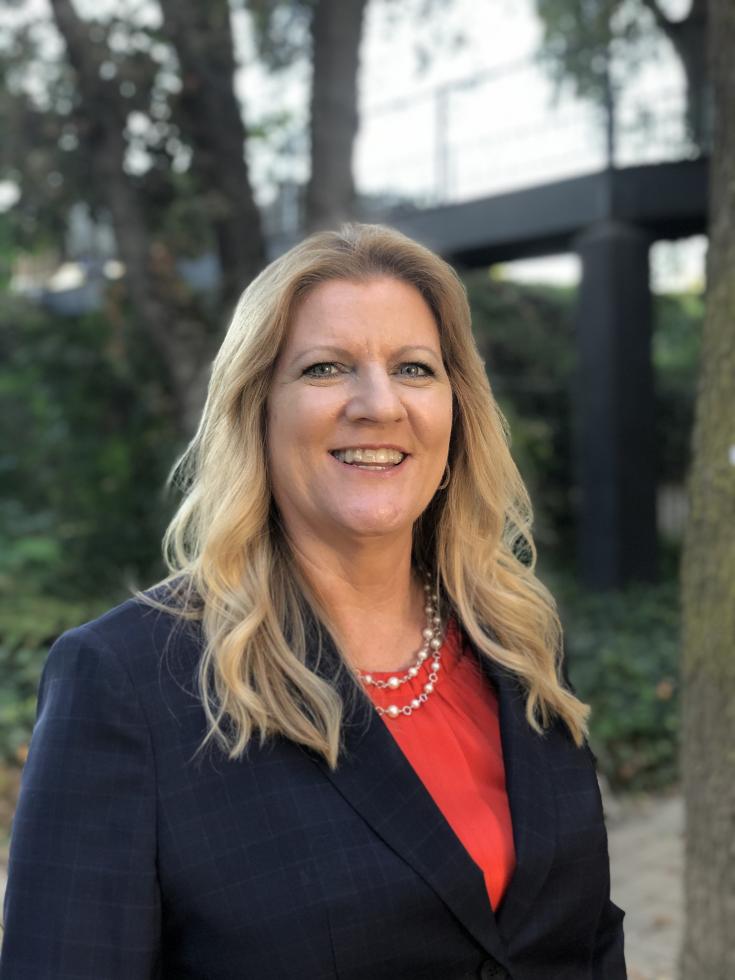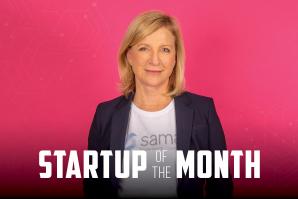As industries shifted toward digitization and automation over the past few decades, labor experts, educators and politicians have advocated for accessible technology training programs to help workers find and keep sustainable jobs. The pandemic has proven their point.
While the national unemployment rate was 7.9 percent in September — more than twice January’s percentage — the unemployment rate for computer-related jobs was just 3.5 percent, according to an analysis of Bureau of Labor Statistics data by the National Foundation for American Policy. That’s the same as the overall unemployment rate in 2019, which was then at its lowest since 1969.
The City of Sacramento is banking on the relative health of the technology sector and other insulated fields to help displaced workers get back on their feet. In August, the Sacramento City Council approved a plan to grant $10.1 million of the city’s $89 million Coronavirus Aid, Relief, and Economic Security Act funds to training programs in the technology, trade and health care industries, as well as for general job training for youth and adults. The three grantees in the technology field are Cyber Proud, Digital Upskill Sacramento Program and Collective6. Though the names of the programs are new, many of the organizations behind them have been working for years to advance the skills and diversity of Sacramento’s workforce.
Cassandra H.B. Jennings is the CEO of the Greater Sacramento
Urban League. (Photo courtesy of Cassandra H.B. Jennings)

Digital Upskill Sacramento, a collaboration with the Greater Sacramento Economic Council, is providing IT support and data analytics training to 40 adults, each of whom is receiving a $600 weekly stipend during the nine-week course. Collective6 is a consortium of five existing digital training programs — Square Root Academy, CompTIA, Inteligenca, Code for Hood and Animation Intern — with GSUL serving as lead and managing applications. The five programs are training a total of 375 youth and adults in tracks including cybersecurity, graphic arts, video production and computer programming.
To qualify for the free programs, applicants must be Sacramento residents and be able to demonstrate that they have been negatively impacted by the pandemic. GSUL focused on attracting a diverse pool of candidates, with an emphasis on the communities of color that the organization was founded to help. “Diversity is important, inclusion is important, and we’re able to help these organizations do outreach and support for people from all different backgrounds in all communities,” says Jennings. “So the outreach has been phenomenal, and the diversity and inclusion, whether it’s age, gender or race, has been really encouraging.”
Carmen Marsh is the CEO and cofounder of Inteligenca. (Photo
courtesy of Carmen Marsh)

The 50 participants in Inteligenca’s SacCARES Cybersecurity Career Accelerator will earn industry certification in cybersecurity and information technology fundamentals through CompTIA, an IT trade association, and later be connected with internship and apprenticeship opportunities at local employers, such as Intel, Centene, Sutter Health and VSP. There are more than 3,000 cybersecurity job openings in the Capital Region alone (according to data compiled by CompTIA, the data analytics company Burning Glass Technologies and the National Institute of Standards and Technology), so employers are quick to offer these opportunities, Marsh says. The companies “may not get somebody who has 10 years experience, but they will get somebody who has done hands-on projects … and they’ll build their skills as they go,” she says. “And that’s going to relieve some of the stress on the existing workforce in cybersecurity.”
The third technology training program to receive CARES Act funds from the city, Cyber Proud, also aims to prepare participants to enter the cybersecurity job market. The 40 students in the program began an eight-week pre-apprenticeship training program in October in partnership with Woz Enterprise (a division of the technical education company Woz U founded by Apple cofounder Steve Wozniak) in December.
Coleen Morehead is the founder and CEO of Cyber Proud. (Photo
courtesy of Coleen Morehead)

Cyber Proud is also working to match each student with a local mentor. Not all of the mentors in the Cyber Proud network are in IT or cybersecurity; some are college professors, community organizers or public sector veterans. “What we’re looking for are mentors who have sort of a broader understanding of the workforce and business as a whole,” she says. Mentors will guide students through the “soft skills” that technical training can’t offer, like how to write a resume, how to prepare for an interview and how to determine if a job opportunity will be a good fit.
All of the programs funded by the city’s CARES Act grants have until December 31 to spend their funds, according to the act’s requirements, but the organizers have no plans of stopping once this round of funding runs out. “There are other grants out there,” says Marsh. “It’s all about the results, so if we can show how many people we put to work and how successful it was, I think we have a high chance of getting new grants next year.” She plans to apply jointly again with the other programs in Collective6.
Beyond Collective6, Jennings plans to continue to steer GSUL programming toward digital and technology career training and hopes local government will follow suit. “If there’s a silver lining — and I think there are many of this virus and this pandemic that we’re in — one is that we’re finally focusing and taking the community with us on the transition of the workforce,” she says. “This is an opportunity for us to really bring in and include all communities in this effort to upskill and rescale.”
Editor’s note: This story has been updated to clarify that the Cyber Proud program is not at this time providing Department of Labor registered apprenticeships. The story has also been corrected to reflect that the Cyber Proud contract is with Woz Enterprise, a division of Woz U.
–
Get all our web exclusives in your mailbox every week: Sign up for the Comstock’s newsletter today!
Recommended For You

Education Can Fuel Economic Growth
Comstock’s president and publisher considers the role colleges, universities and other educational programs can play in the economic recovery.

Great Expectations at UC Davis
University announces a $2 billion fundraising campaign
A wide range of projects and initiatives on and off the Davis campus are set to be funded by the campaign, called Expect Greater: From UC Davis. For the World.

Emerging Leaders: Nicholas Haystings
We honor 10 young professionals who have made a difference during the COVID-19 pandemic
Nicholas Haystings, executive director of Square Root Academy, says he has had two goals since he was a kid: to become an engineer and to give back to the community.

Startup of the Month: Sama Learning
VR platform expands learning possibilities
This spring, COVID-19 forced schools to go online. But, for the most part, the teaching models remained the same. Sama Learning, a Nevada City-based startup, wants to transform those models.



